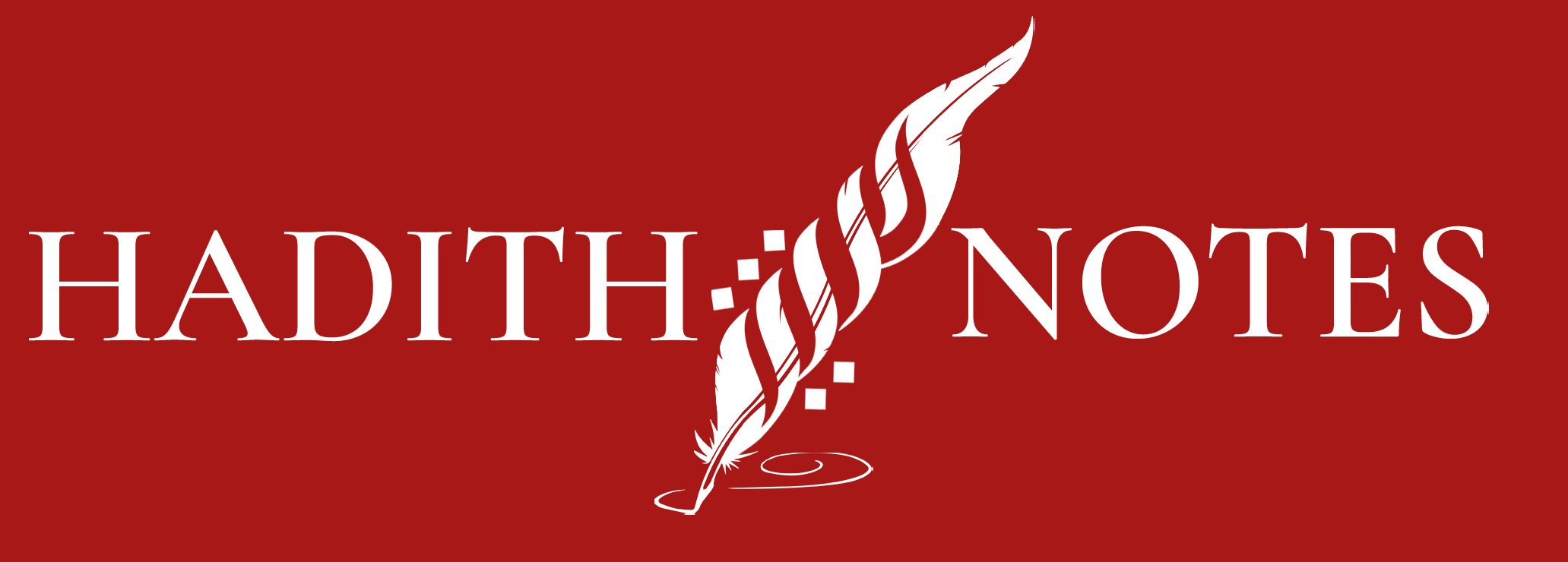
A Day in The Life of Hāfiż Ibn Hajar al-‘Asqalānī By Shams al-Dīn al-Sakhāwī[1] [Translator’s Preface: “The beauty of the skies lies in the stars; the beauty of the earth lies in the pious.” The following is a description of a day in the life of the great Hadīth scholar Hāfiż Ibn Hajar al-‘Asqalānī (d. 852 AH). This was documented by his close companion and student Shams al-Dīn al-Sakhāwī (d. 902 AH) who penned a multi-volume work on his teacher’s life entitled “al-Jawāhir wa al-Durar fī Tarjamat Shaykh al-Islām Ibn Hajar.” This wonderful account of Hāfiż Ibn Hajar’s life, whose title aptly translates as “Gems and Pearls,” is a recommended read for any serious student of knowledge. –Muntasir Zaman] As for a description on how he would spend his time: In his early days, he (Allāh have...

